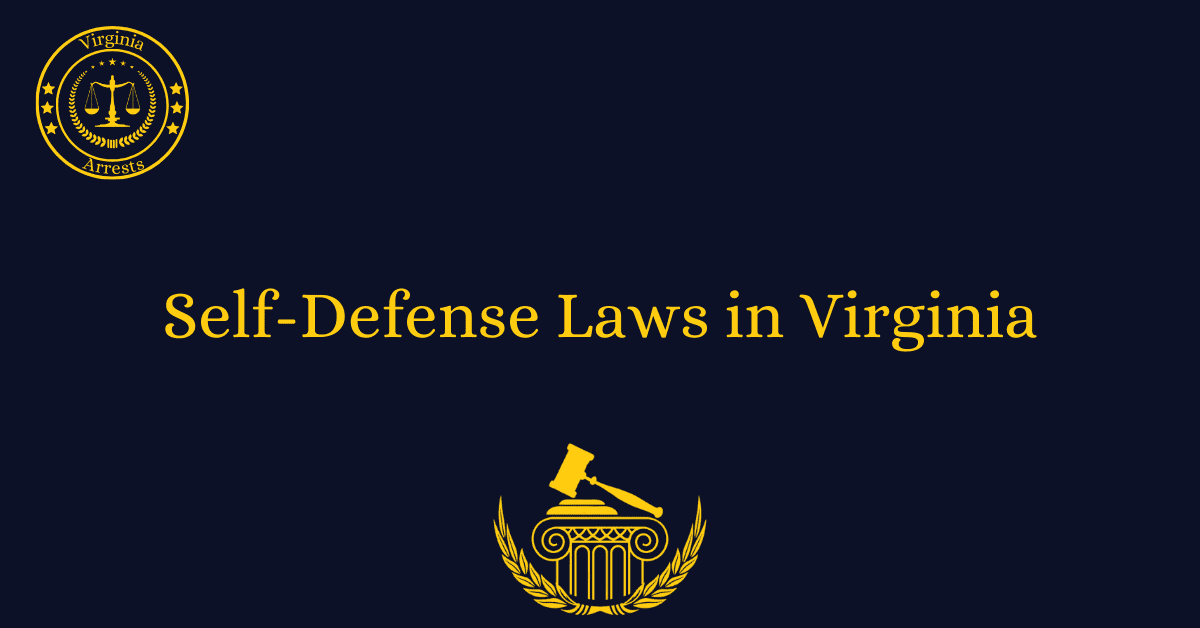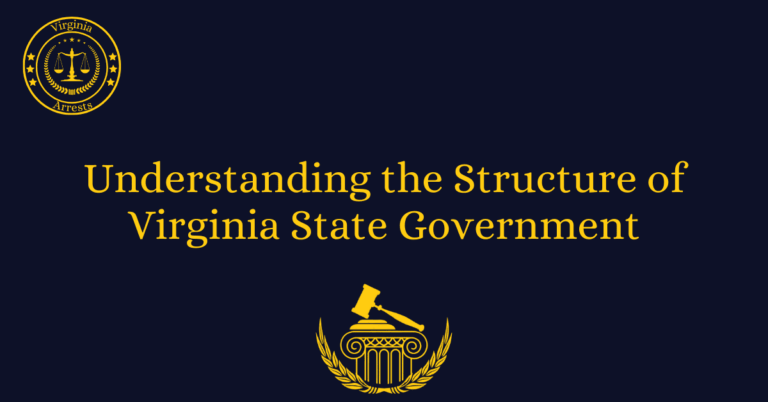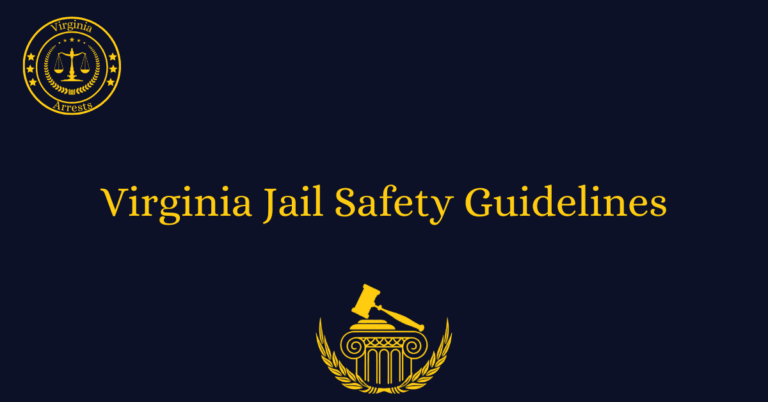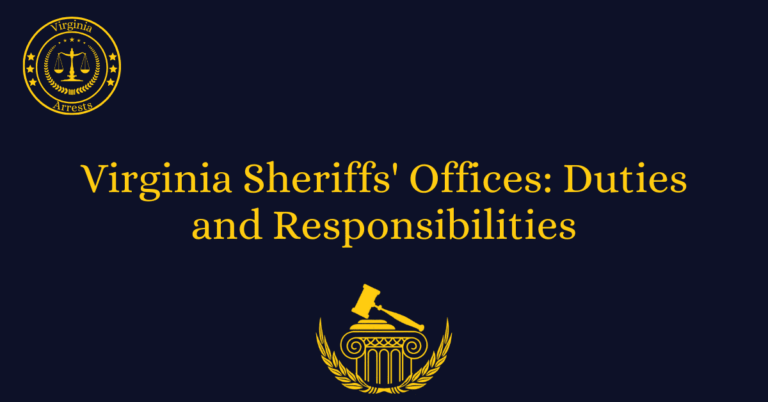Self-Defense Laws in Virginia
Virginia is home to some of the most comprehensive and well-regulated self-defense laws in the United States. These laws not only protect individuals’ rights to defend themselves but also ensure that the use of force is proportionate and justified. Understanding these laws is essential for anyone living in or visiting the state, as it can mean the difference between being charged with a crime or being able to protect oneself and loved ones.
With a rich history rooted in personal freedoms and individual rights, Virginia has taken great care to create self-defense laws that balance the need for protection with the responsibility of using force. Whether you are a law-abiding citizen seeking to learn more about your rights or a legal professional looking for in-depth knowledge, this guide will provide you with a comprehensive overview of self-defense laws in Virginia. From the Castle Doctrine to Stand Your Ground laws, we will explore the nuances and intricacies of these regulations to help you navigate the complex legal landscape with confidence.
Understanding the Castle Doctrine
One of the key aspects of self-defense laws in Virginia is the Castle Doctrine. This legal principle recognizes that individuals have the right to protect themselves and their property within their own homes. Under the Castle Doctrine, if an intruder enters your home unlawfully, you are generally not required to retreat before using force to defend yourself.
However, it is important to note that the use of force must still be proportionate and justified. This means that you cannot use excessive force or act with malicious intent. Understanding the nuances of the Castle Doctrine is crucial to ensure that you are well-informed about your rights and responsibilities as a homeowner.
Exploring Stand Your Ground Laws
In addition to the Castle Doctrine, Virginia also has Stand Your Ground laws. These laws allow individuals to use force, including deadly force, to defend themselves in certain situations outside of their homes. Unlike the Castle Doctrine, Stand Your Ground laws apply in public places where you have a legal right to be.
However, it is important to remember that the use of force must be reasonable and necessary to protect yourself or others from imminent harm. Understanding the specific circumstances in which Stand Your Ground laws apply is essential to ensure that you can exercise your right to self-defense responsibly.
Examining the Duty to Retreat
While Virginia recognizes the Castle Doctrine and Stand Your Ground laws, it is still important to understand the concept of duty to retreat. In some situations, individuals may be required to retreat or attempt to de-escalate a conflict before resorting to the use of force.
The duty to retreat typically applies when an individual is outside of their home and can safely avoid a confrontation without using force. Understanding when and how the duty to retreat applies is crucial to ensure that you are acting within the boundaries of the law when defending yourself.
Defending Others: The Defense of Others Doctrine
Self-defense laws in Virginia not only protect individuals’ rights to defend themselves but also extend to the defense of others. The Defense of Others Doctrine allows individuals to use force, including deadly force, to protect another person from imminent harm.
However, it is important to exercise caution and judgment when defending others. The use of force must still be reasonable and necessary based on the circumstances. Understanding the nuances of the Defense of Others Doctrine is essential to ensure that you can effectively protect your loved ones while staying within the bounds of the law.
Legal Considerations and Consequences
While Virginia’s self-defense laws provide individuals with the means to protect themselves and others, it is crucial to be aware of the legal considerations and potential consequences. Misunderstanding or misapplying these laws can result in criminal charges and other legal complications.
It is highly recommended to consult with a knowledgeable attorney who specializes in self-defense laws to ensure that you fully understand your rights and responsibilities. By doing so, you can navigate the complex legal landscape with confidence and effectively protect yourself and your loved ones.
FAQs
What are self-defense laws in Virginia?
Virginia is home to some of the most comprehensive and well-regulated self-defense laws in the United States. These laws not only protect individuals’ rights to defend themselves but also ensure that the use of force is proportionate and justified.
Why is it important to understand self-defense laws in Virginia?
Understanding these laws is essential for anyone living in or visiting the state, as it can mean the difference between being charged with a crime or being able to protect oneself and loved ones.
What is the history of self-defense laws in Virginia?
With a rich history rooted in personal freedoms and individual rights, Virginia has taken great care to create self-defense laws that balance the need for protection with the responsibility of using force.
What is the Castle Doctrine in Virginia?
The Castle Doctrine is a self-defense law that allows individuals to use force, including deadly force, to protect themselves and their property within their own home or place of business.
What are Stand Your Ground laws in Virginia?
Stand Your Ground laws in Virginia allow individuals to use force, including deadly force, to protect themselves or others in situations where they reasonably believe there is an imminent threat of serious bodily harm or death.
Where can I find more information about self-defense laws in Virginia?
This guide provides a comprehensive overview of self-defense laws in Virginia and explores the nuances and intricacies of these regulations to help you navigate the complex legal landscape with confidence. It is a valuable resource for law-abiding citizens and legal professionals seeking in-depth knowledge.







